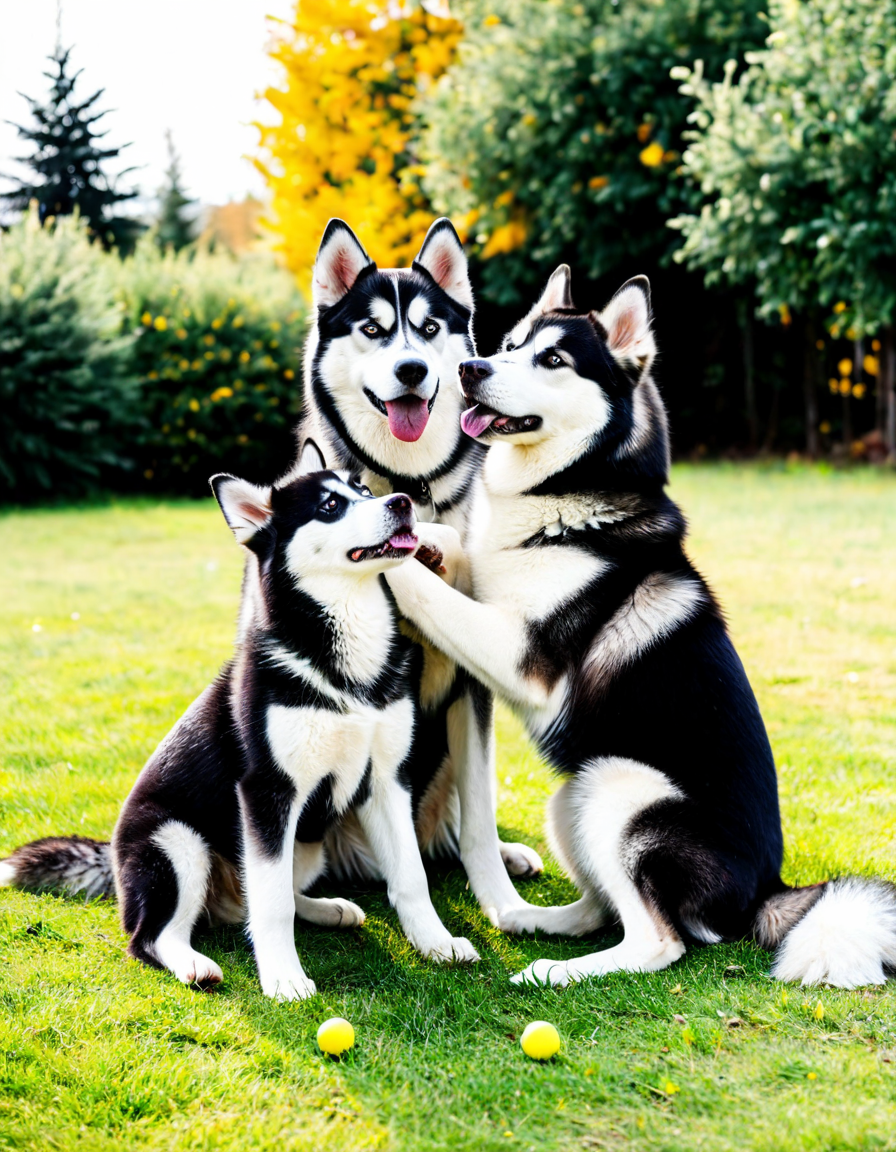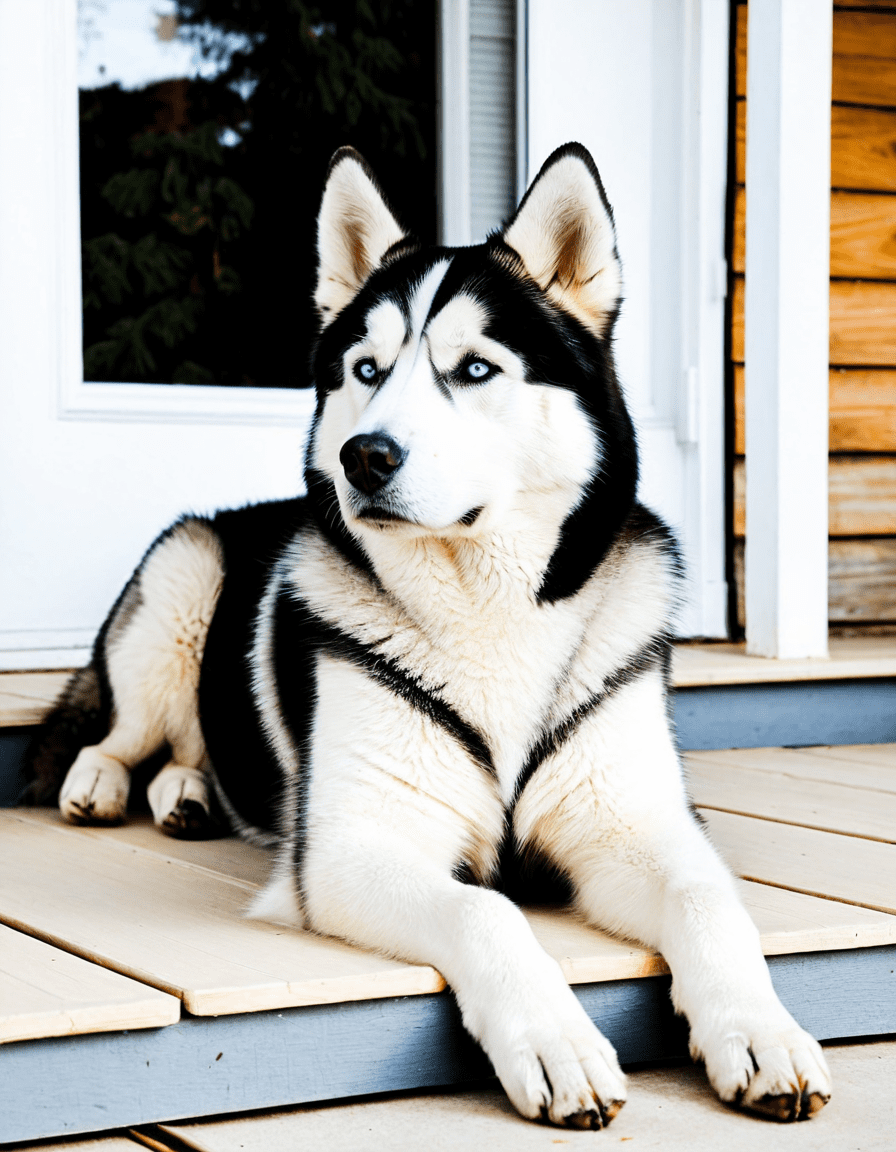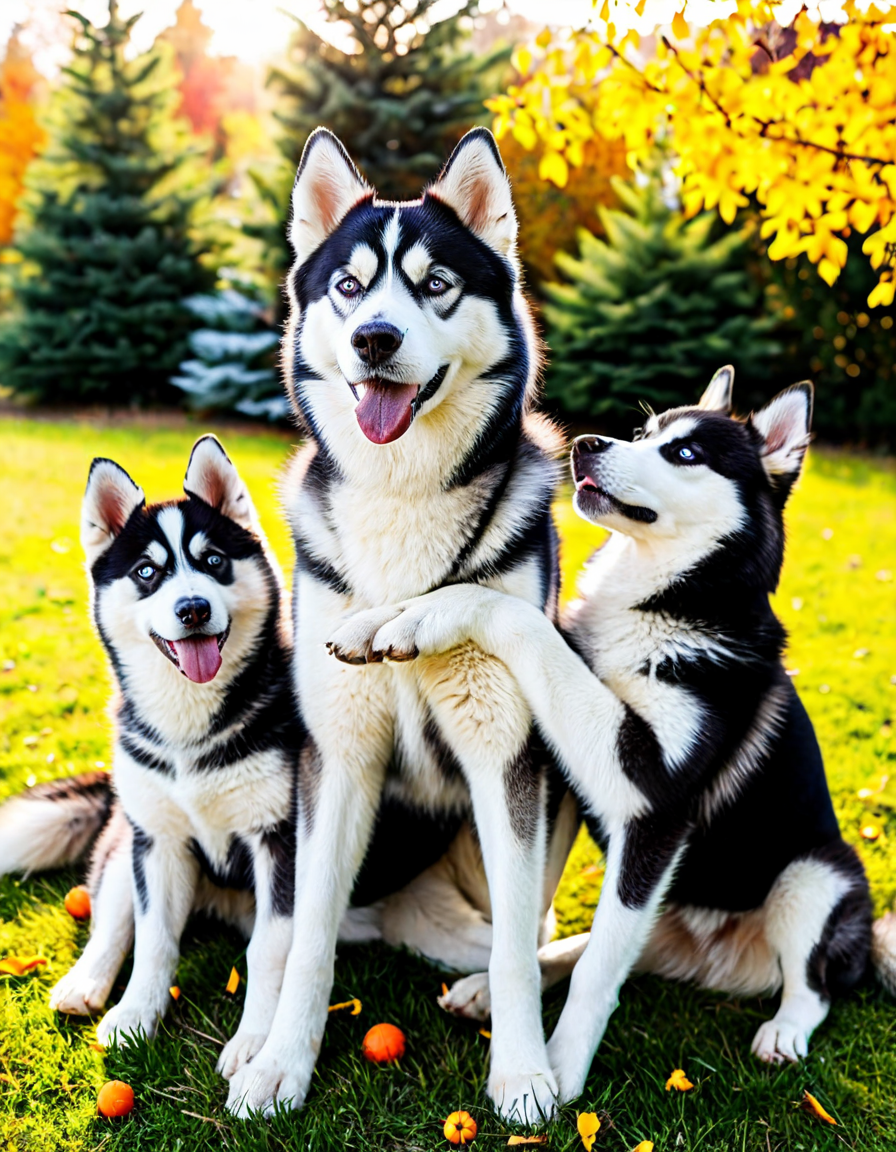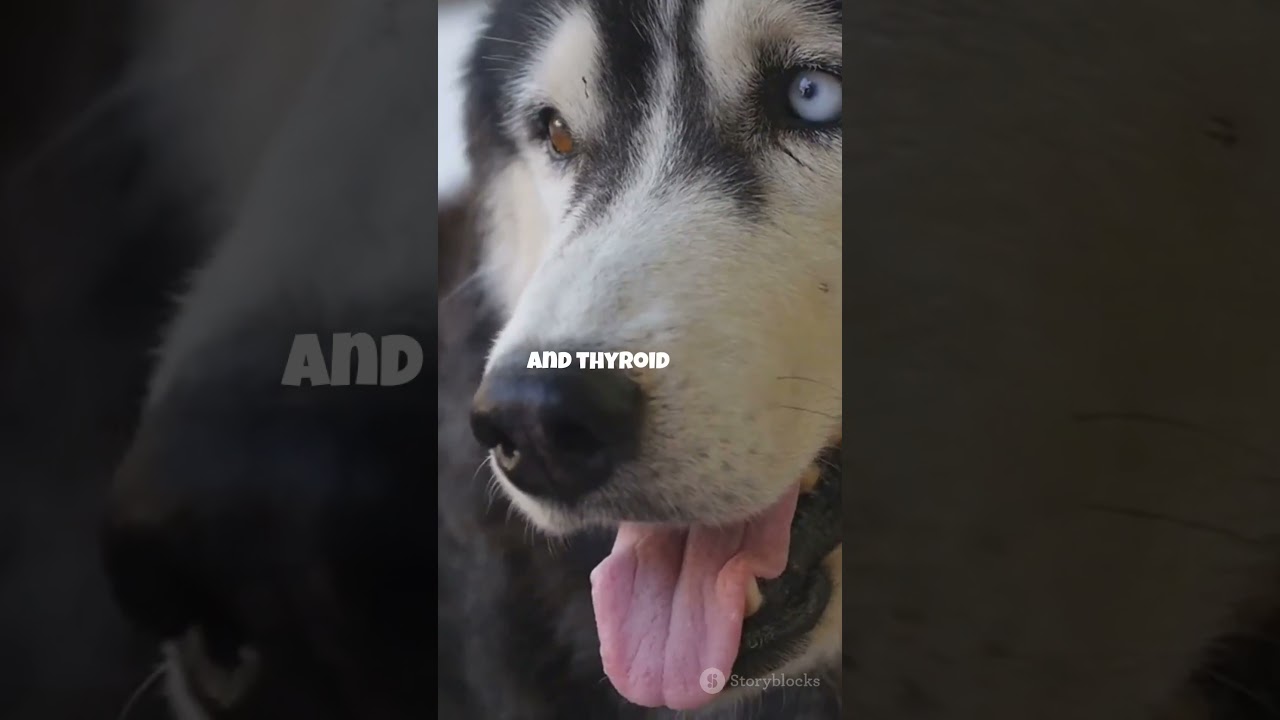Understanding the Life Span of a Siberian Husky
The life span of a Siberian Husky typically ranges between 12 to 15 years. This longevity stems from several critical factors like genetics, diet, exercise, and healthcare. Unlike many larger dog breeds, the Siberian Husky enjoys a rather extended life span, making them a beloved companion in numerous households. Grasping what allows these dogs to live longer can be a game changer for owners looking to give their Husky the best care possible.
When you think about a Husky, you often picture a playful, energetic spirit. These dogs are built for endurance and thrive in active environments. However, it’s important to realize that their robust nature doesn’t exempt them from health problems. Owners should prioritize understanding how factors such as genetics and health have a direct impact on the longevity of their prized pets.
Additionally, owners must keep in mind that an active lifestyle is key for these energetic canines. Exercise isn’t just about running around; it’s integral to maintaining their health and keeping unnecessary health concerns at bay. To help your Husky flourish, a combination of proper care, timely veterinary visits, and a balanced diet will go a long way toward optimizing their quality of life and, consequently, their life span.

Key Factors Influencing Their Lifespan
Just like humans, Siberian Huskies are influenced by their genetics. Unfortunately, they are prone to certain hereditary health issues that can impact their life expectancy. Common issues include:
To address these issues, it’s crucial to choose reputable breeders who actively screen for genetic defects. Investing in a puppy from a quality lineage can significantly enhance the life span of a Siberian Husky, as these efforts help minimize hereditary issues.
Moreover, Husky owners should pay attention to portion control. Overfeeding can lead to obesity, which is a common issue that can shorten a dog’s life span. Regularly consulting your vet about dietary needs as your dog ages can also ensure they get the right nutrition at different life stages.
Known for their boundless energy, Siberian Huskies require regular, vigorous exercise. Daily activities should include runs, hikes, and self-driving playtime to maintain their physical fitness and mental stimulation. A well-exercised Husky is less likely to exhibit behavioral issues that can arise from boredom or pent-up energy.
Fun options like interactive games or dog sports can also enrich a Husky’s life. Engaging in activities such as agility training or even running together can create a stronger bond while keeping them healthy. Consider introducing new activities as they age, too—this can help keep their minds sharp!
Routine veterinary visits are another essential factor in your Siberian Husky’s health. Regular check-ups can help catch potential health problems early on. Vaccinations, dental care, and annual screenings for conditions such as heartworm can improve quality of life.
Taking a proactive approach with annual check-ups can be the difference between life and death in some cases. Early detection of issues can lead to better outcomes and a longer life span. It’s also an excellent opportunity to discuss your dog’s diet and exercise regimen with your vet.
Socialization and training from a young age play a crucial role in a Husky’s development. Interacting with various environments, people, and animals helps prevent behavioral issues down the line. Engaging with different stimuli can expose your pup to the world safely, aiding in their social skills.
Investing time in obedience training can also be a lifesaver. Training promotes a strong bond with your pet. A well-trained Husky is not only more enjoyable to live with, but they’re also less likely to experience stress-induced health issues.
Comparing the Life Span of Different Breeds
When considering various breeds, it’s enlightening to compare the life span of a Siberian Husky with other popular dogs.
The average life expectancy of a chocolate Labrador retriever stands at around 10 to 12 years. Their shorter lifespan can be attributed to hereditary health issues prevalent in the breed, such as obesity and hip dysplasia.
Similar to chocolate labs, the average lifespan of a labrador retriever generally falls between 10 to 12 years. Their friendly demeanor makes them a family favorite, but they need proper care to reach their full potential lifespan.
The lifespan for a labrador retriever closely mirrors that of their chocolate counterparts. They all share common health issues that call for vigilant care and breeding practices aimed at lessening these concerns.
In contrast, the average lifespan of a Staffordshire Bull Terrier ranges from 12 to 14 years. This breed tends to have fewer severe health issues, which contributes to their increased longevity.

Tips for Extending Your Siberian Husky’s Life
To help your Siberian Husky live a longer, healthier life, consider the following additional tips:
Enhancing Your Husky’s Quality of Life
By actively managing your Siberian Husky’s health, covering aspects like exercise, diet, and routine check-ups, you not only extend their life span but elevate their quality of life. The spirited nature of a well-cared-for Husky can truly bring joy to their owners, making every day an adventure filled with companionship.
Investing in your Siberian Husky’s health today paves the way for having a loving sidekick for years to come. This relationship is rich in affection and loyalty, guaranteeing that you’ll both enjoy countless happy memories together. So, keep these tips in mind, focus on their needs, and relish the precious years ahead with your stunning Siberian Husky!
Life Span of a Siberian Husky: What You Must Know
Siberian Huskies are a unique breed, known for their striking appearance and friendly demeanor. The life span of a Siberian Husky typically ranges from 12 to 15 years, which is quite impressive for a dog of their size. To put that into perspective, it’s a significant chunk of time spent exploring trails, playing in the snow, or lounging about with their favorite humans. Interestingly, proper care and regular vet visits can help your Husky live even longer, just like the right nutrition can make a real difference. For instance, opting for high-quality options like Purina One Digestive Health can help support a Husky’s overall wellbeing.
When discussing the life span of a Siberian Husky, it’s fascinating to note their history as working dogs in harsh Arctic conditions. This heritage shapes their physical endurance and health needs. Did you know that many dog owners are now turning to options like freeze dry dog food? This food choice keeps meals fresh and can help maintain a Husky’s energy levels, essential for their active lifestyle. Of course, keeping their spirits up is just as vital as physical health. Engagement in fun activities, like visiting places similar to Boda Borg Boston, can provide that mental stimulation which is so crucial for these energetic pups.
Keeping a watchful eye on a Husky’s overall condition is essential. They might not talk, but they can show signs of discomfort or distress that may affect their life span. And just like you might dress up in a ghost face costume for a laugh, keeping your Husky comfortably groomed can prevent skin issues and other health concerns. Did you also know that Siberians can have a strong affinity for other animals? You may even spot them getting along famously with creatures like a purple axolotl during a casual visit to the pet store! Balancing exercise, socialization, and health can truly extend the life span of a Siberian Husky, allowing them more time to enjoy life alongside you.






